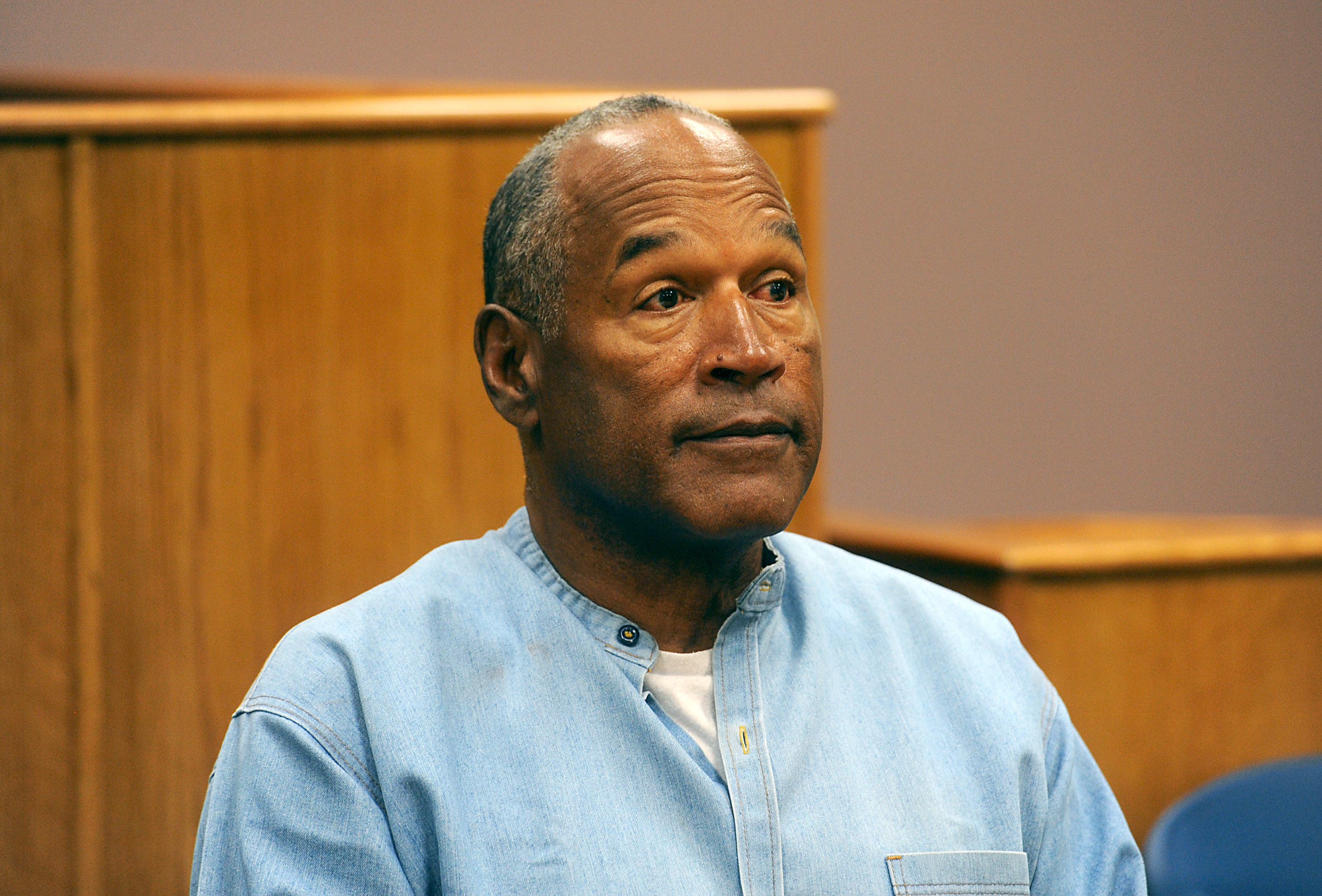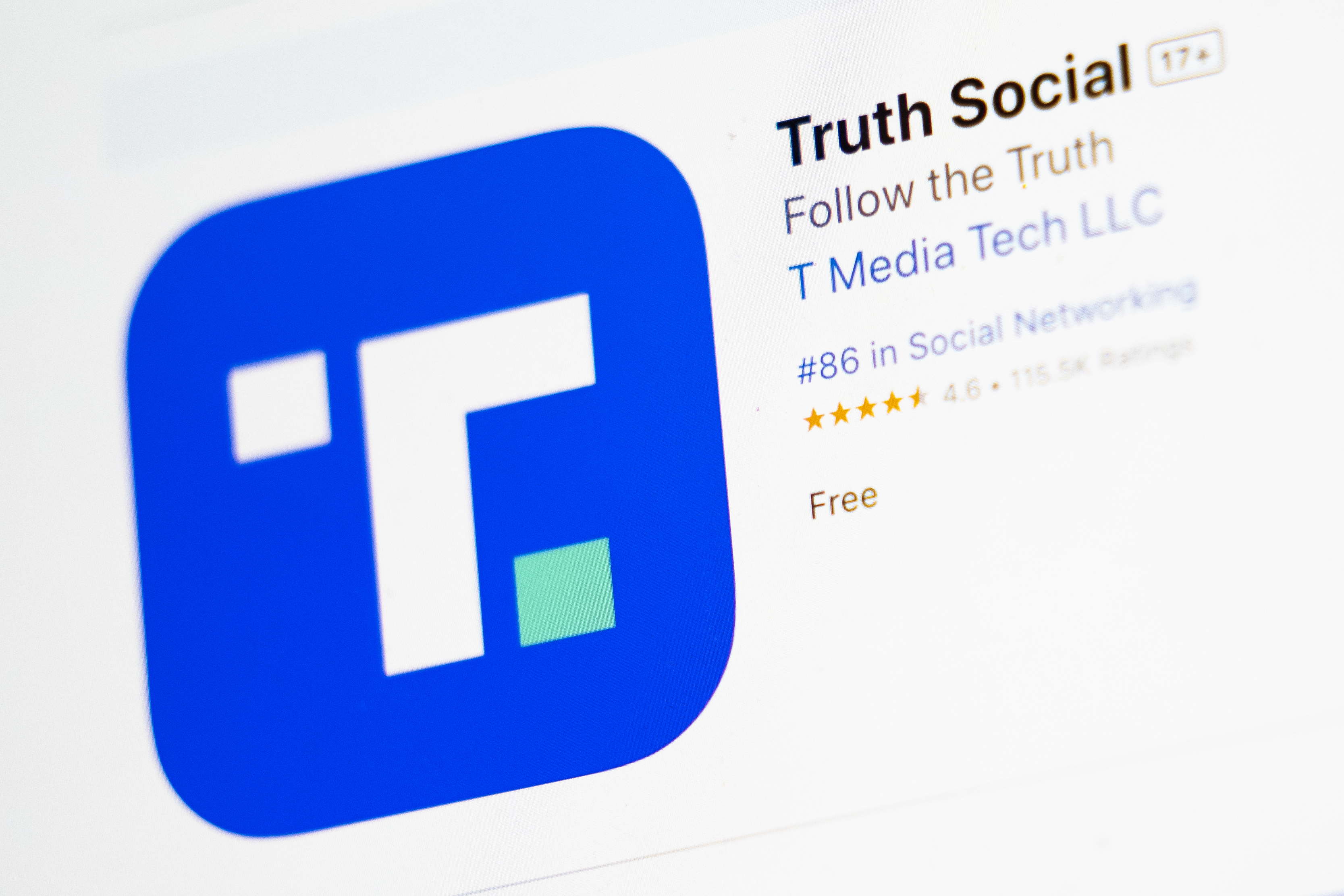In a stunning move, Majority Leader Kevin McCarthy on Thursday withdrew his candidacy for speaker of the U.S. House, shocking fellow Republicans just before voting was to begin and plunging Congress' GOP leadership into chaos.
GOP lawmakers said McCarthy told colleagues at the start of a closed meeting that he was not the right person for the job. He recommended that the election be postponed and Speaker John Boehner delayed it.
"I have never seen anything like this," said Rep. Ryan Costello of Pennsylvania.
"We don't know why he did it," said Rep. Mick Mulvaney of South Carolina.
The election was postponed, as may be the scheduled Oct. 29 vote for speaker by the full House, Democrats as well as Republicans.
Bohner said in a statement that he will serve as the speaker "until the House votes to elect a new Speaker. We will announce the date for this election at a later date, and I’m confident we will elect a new Speaker in the coming weeks. Our conference will work together to ensure we have the strongest team possible as we continue to focus on the American people’s priorities.”
White House Press Secretary Josh Earnest said during the White House briefing that the challenge facing the next speaker is the same challenge Boehner faced.
U.S. & World
"And that’s simply to unite the divided republican caucus," Earnest said.
McCarthy was by far the heavy favorite to replace Speaker John Boehner, who announced under pressure from conservatives that he would resign at the end of the month. Congress is facing major budget deadlines and fiscal decisions.
The other two Republican candidates for speaker — Reps. Jason Chaffetz of Utah and Daniel Webster of Florida — lack widespread support in the House GOP, although Webster has the backing of the hardline House Freedom Caucus.
But Thursday's secret ballot — even if it had proceeded as expected — still would have been merely an early skirmish in the chaotic battle to lead the House. It was to have been followed by the vote in the full House where the Freedom Caucus could have blocked McCarthy's ascent.
Rep. John Fleming of Louisiana, a Freedom Caucus member, told NBC News' Luke Russert that the conference "kind of sat in disbelief" after McCarthy's announcement.
"He didn’t want to divide the American people, he didn’t want to divide the Congress," Fleming said.
It wasn't clear when the elections would be rescheduled, or if McCarthy, a 50-year-old Californian, would stay on as majority leader.
Rep. Paul Ryan, who was considered another contender for the role, released a statement after McCarthy's announcement saying he was disappointed in his colleague's decision.
"Now it is important that we, as a Conference, take time to deliberate and seek new candidates for the speakership. While I am grateful for the encouragement I’ve received, I will not be a candidate," he said.
Ryan, who serves as chairman of the House Ways and Means Committee, repeated Thursday that he wasn't interested in being speaker. He said it's important for Republicans to deliberate and find new candidates, but that won't include him.
As the day began, McCarthy and his two rivals were to address the meeting of the GOP rank and file in the basement of the Capitol, making final pitches ahead of elections to begin at noon.
"Power doesn't like to give up its power, and so that's why many of us have gotten behind Mr. Webster," Fleming said outside Thursday's meeting. "We feel that conservatives have been greatly marginalized by the current leadership."
Despite the opposition, McCarthy clearly had been expected to emerge the winner Thursday over Webster and Chaffetz of Utah, who chairs the House Oversight and Government Reform Committee. That would have made McCarthy the House GOP nominee for speaker.



